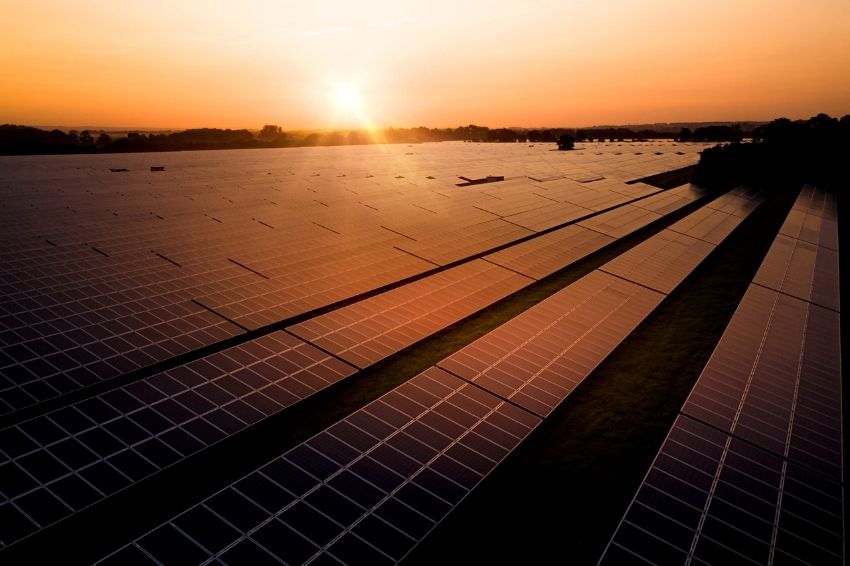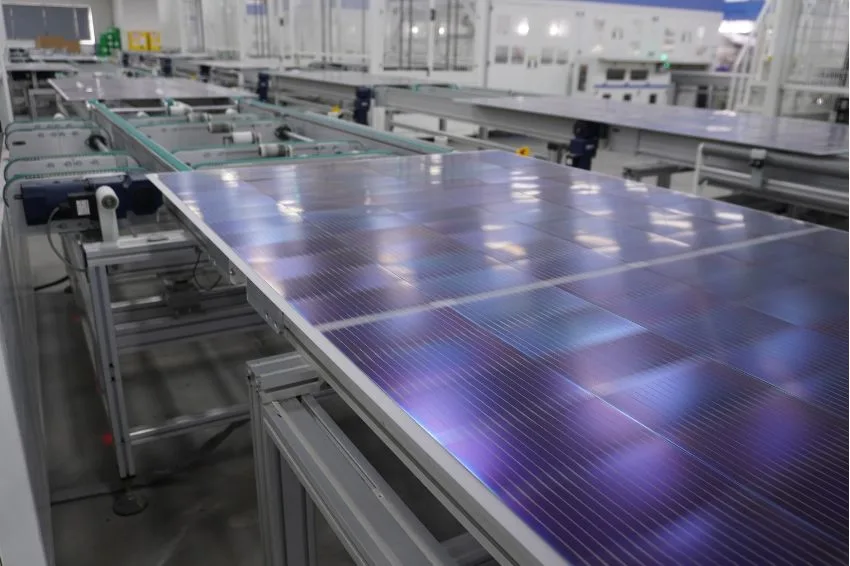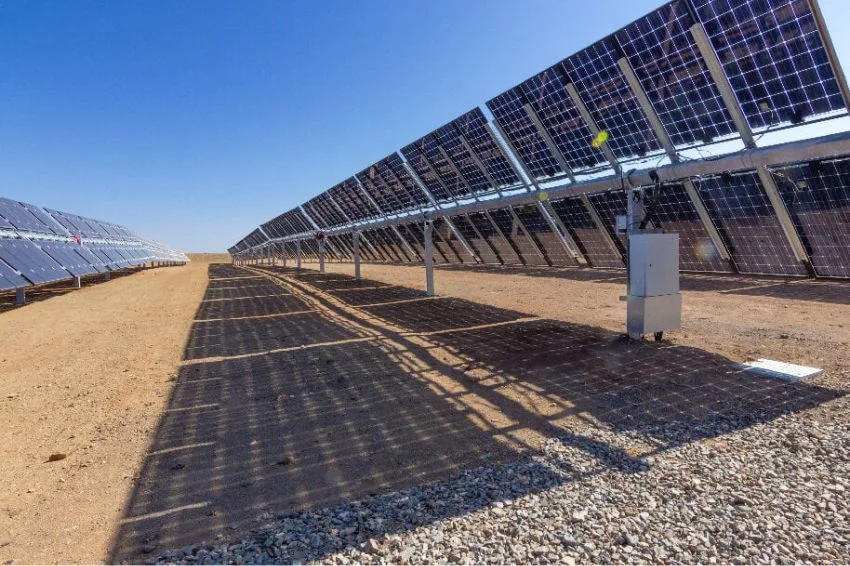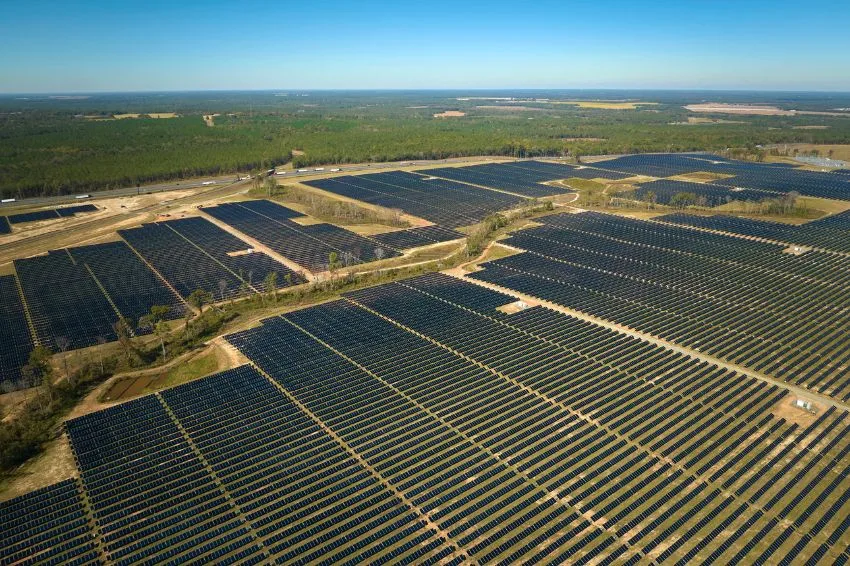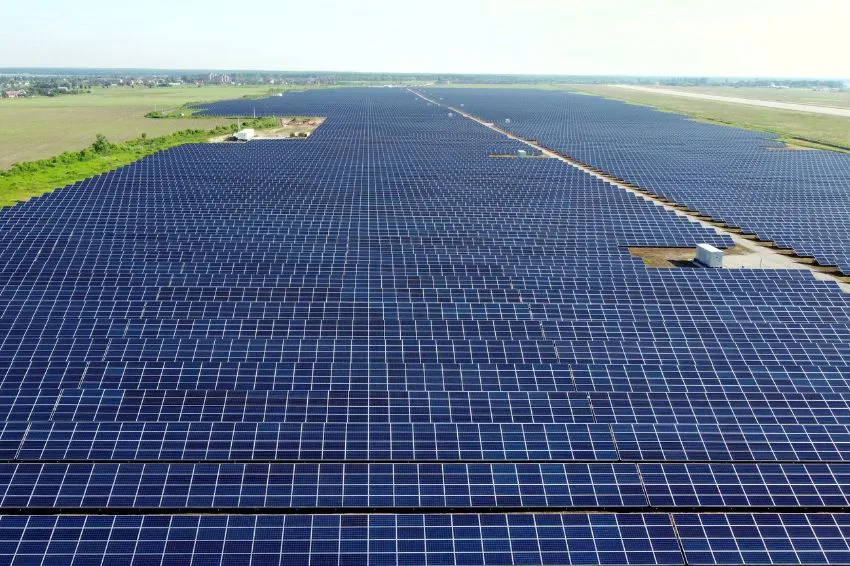In the midst of the “climate era”, Europe is looking for alternatives for its energy transition by investing in renewable sources and encouraging decarbonization.
See the main facts and events that marked the photovoltaic market in European countries in 2021.
Job generation
The European Commission aims to increase the share of renewable sources in electricity generation to 40% by 2030, contributing to the creation of jobs in the photovoltaic sector.
Currently, Europe has 357 thousand vacancies created in the photovoltaic market, according to the “EU Solar Jobs Report 2021″, a report published and disseminated by SolarPower Europe – an organization that integrates 40 national associations.
The document also points out that, if the commission's target is achieved, this number could be tripled by 2030, generating an additional 742 thousand vacancies in the sector.
Energy storage
In addition to solar energy system installations, battery storage system installations continue to grow in Europe. According to SolarPower Europe, installed photovoltaic storage capacity could increase from 3 to 12.8 GWh by 2025.
According to the report published by the association, more than 100,000 European homes have recently installed photovoltaic energy storage systems. This large number of consumers of photovoltaic systems with batteries allows the KWh value of the solution to fall, benefiting new adopters of the technology.
According to the “European Market Outlook for Residential Battery Storage”, Germany accounts for 70% of Europe's newly installed storage capacity.

The report also mentions four more highlighted countries: Italy, the United Kingdom, Austria and Switzerland, which, together with the German country, are responsible for 93% of the new photovoltaic and storage systems recently installed on the continent.
According to the report's assessment, the use of a combination of photovoltaics and storage could be the key to Europe becoming more climate neutral by 2050.
Photovoltaic solar energy generation
In SolarPower Europe's photovoltaic energy production ranking, Germany stands out as the leader in the solar market within the European Union, followed by Spain, the Netherlands and France, respectively.
Occupying first position, at the end of 2020, the country reached 54.6 GW of total installed capacity, with more than 2 million photovoltaic systems installed. At the end of the first half of 2021, this number rose to 56.3 GW.
Currently, the country has around 2 million photovoltaic installations responsible for 10% of electricity generation in its territory. According to research carried out by PV Magazine from Germany, nowadays, German homes with photovoltaic systems installed can save up to 60% on their monthly electricity bill.
Investments and incentives in favor of renewable sources
Facing the crisis in electricity supply prices, the German government's new alliance announced measures to accelerate investments in the renewable energy sector, including photovoltaic solar energy.
To this end, the German government released an agreement that aims to reduce bureaucracy in access to photovoltaic systems, in addition to making it mandatory for companies to invest in solar energy as an energy source. Furthermore, industrial decarbonization and the end of the use of fossil sources are also mentioned within the planning.
Innovation events
The smarter E Europe Restart 2021, held between the 6th and 8th of October this year, in Munich, brought numerous news from the sector. Many of these innovations were even mentioned in the agreement for the new political alliance in Germany, highlighting agrivoltaic systems and floating solar plants.

The production of solar modules on German territory was also highlighted as an important measure, which will bring a certain independence from the Chinese market, which is still the largest producer within the photovoltaic sector. The transport segment was also highlighted with solar panels for large cars, boats and buses.
Road transport and flexible panels
ISE (Fraunhofer Institute for Solar Energy Systems) has developed solar power modules for installation in commercial vehicles in the “Lade-PV” project. The technical acceptance of the first truck equipped with these modules is a milestone in the direction of road freight transport that is less harmful to the environment.
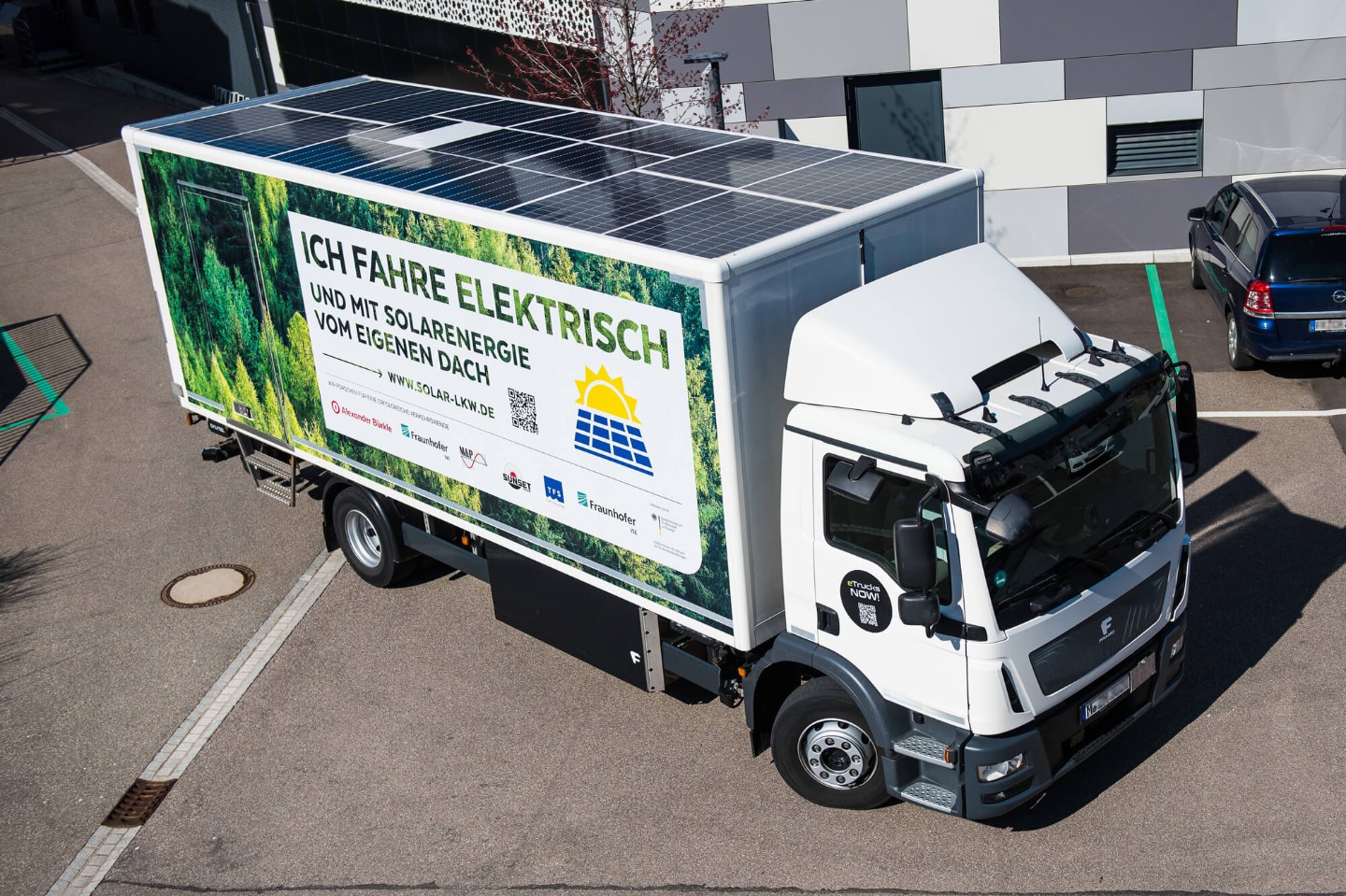
Since the end of October, the truck has been authorized to travel on German highways. The commercial vehicle has a photovoltaic system integrated with an 800 volt high voltage battery system. The solar energy produced directly in the vehicle, which also uses fossil fuel, can cover from 5% to 10% of the truck's energy needs.
Another new feature are the flexible modules sold by the company Green Akku, with a power of up to 200 W, also developed for installation on boats and large vehicles.
France invests in national production and photovoltaic plants
Recently, President Emmanuel Macron announced new measures for the 2030 climate agenda. According to the agenda's plans, €500 million will be allocated to investments in renewable energy.
Among the government's decisions is the production of solar cells in French territory, which will accelerate the implementation of projects in the country, as well as reduce dependence on Asian countries.
These decisions are already starting to have an effect on French industry. At the end of November, the company DualSun, a specialist in hybrid solar panels, inaugurated a new production line at its factory located in Jujurieux.

Through subsidies granted by the French Ministry of Industry, the company made an investment of €850,000, which tripled its production and guaranteed an increase in the number of jobs.
By investing heavily in the installation of solar plants as one of the means for the country's energy transition, France managed to achieve a record in the power of photovoltaic systems in relation to the last year.
In 2021, the country registered 2 GW of installed power, a significant number compared to the 761 MW installed in 2020. Today, France has a total installed capacity of approximately 13.23 GW.
Furthermore, with an investment of 2.2 million Euros, France has just put into operation the largest photovoltaic plant in the country, with a capacity of 55 MWp, developed by Total Energies, a private energy and gas supply and production company.
The energy plant contains 126,000 panels installed on a 75-hectare plot of land, with the capacity to produce around 64 GWh per year.
The immense structure was developed within environmental standards, with measures to preserve the area's biodiversity, such as creating shelters for bats and developing habitats to encourage the reproduction of amphibians.
1st global module network launched in Glasgow
The Prime Minister of India, Narendra Modi, and the British Prime Minister, Boris Johnson, launched the One Sun One World One Grid (GGI-OSOWOG) during COP 26.
The project is led by the governments of India and the United Kingdom and aims to harness solar energy, where it is available, to generate electricity in areas of greatest need.
GGI-OSOWOG will bring together national governments, financial organizations, international technical entities, policymakers, energy grid operators and leaders to accelerate the development of new infrastructure. The main focus of the project is to reduce the use of fossil sources and allow access to low-cost solar energy from other countries.
Among the stipulated goals are:
- Invest in solar, wind, storage and other renewable energy generation in locations endowed with renewable resources to support a global grid;
- Build long-distance cross-border transmission lines to connect renewable energy generators and demand centers across continents, underpinned by effective and mutually beneficial cross-border energy trading agreements;
- Support the global transition to zero-emission vehicles by incorporating the role of electric vehicles to help improve grid flexibility;
- Attract investment in solar mini-grids and off-grid systems to help vulnerable communities gain access to clean, affordable and reliable off-grid energy in their own areas, improving socio-economic development and a resilient energy supply for all.


